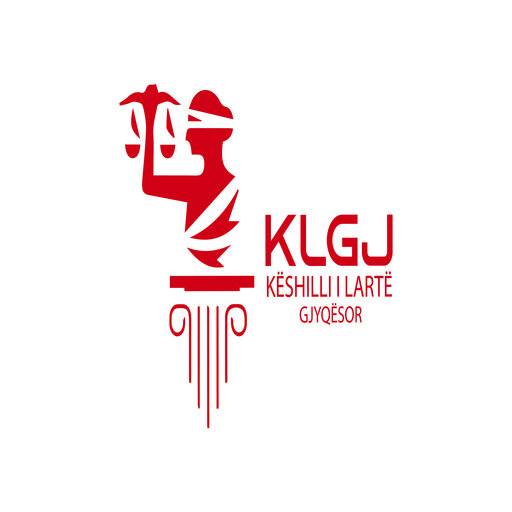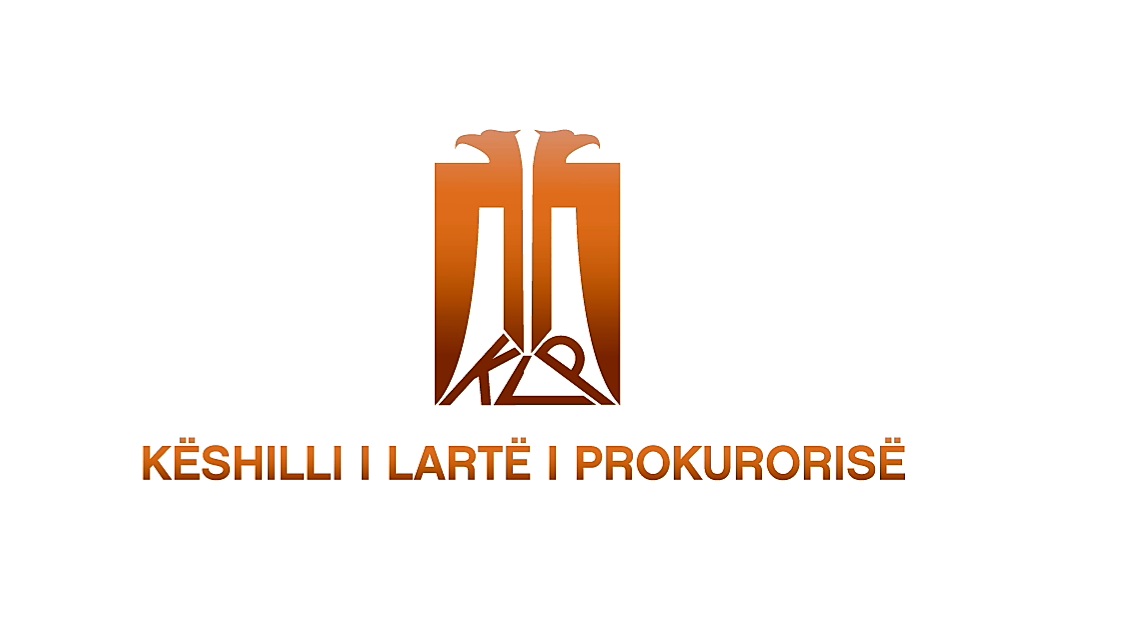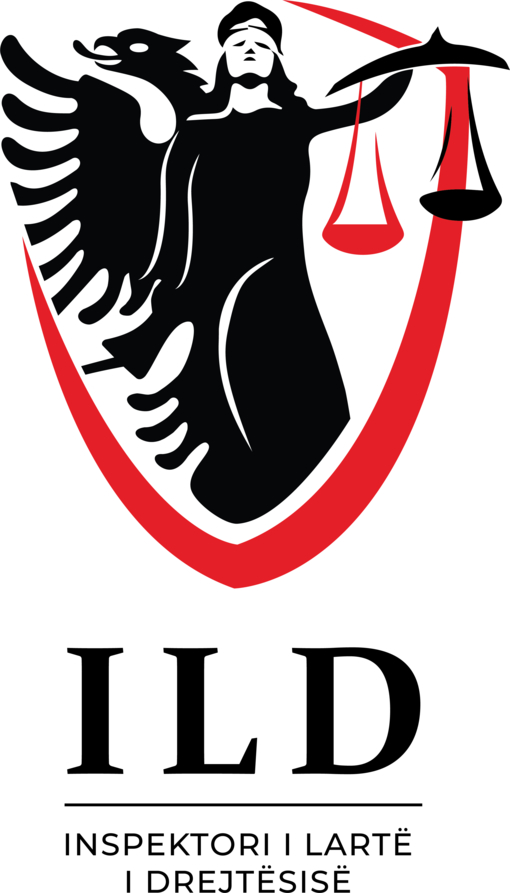The High Inspector of Justice is a constitutional institution, responsible for the verification of complaints, investigating disciplinary violations and initiating disciplinary proceedings against judges and prosecutors of all levels, members of the High Judicial Council, members of the High Prosecutorial Council and the Prosecutor General. The High Justice Inspector (HJI) has been appointed in 2020 and this institution has been working as of 2 years now.
With regards to the verification of complaints or investigation of disciplinary violations against the subjects, the Inspector can be set in motion based on the written complaint of any concerned natural, legal person or public body. The High Inspector of Justice investigates the suspected violations mainly, based on public data or provided on account of institutional and thematic inspections, on every aspect of the work of courts, judicial administration, prosecutor’s offices and prosecution administration, based on the motivated written request by the High Judicial Council, the High Prosecutorial Council, the Minister of Justice, the Prosecutor General and the annual inspection plan.
The High Inspector of Justice is the head of the office of the High Inspector of Justice and performs his functions independently. Direct or indirect interference in the Inspector’s functions to verify complaints, carry out investigations and inspections, or interferences related to any particular entity causes liability under the law.


